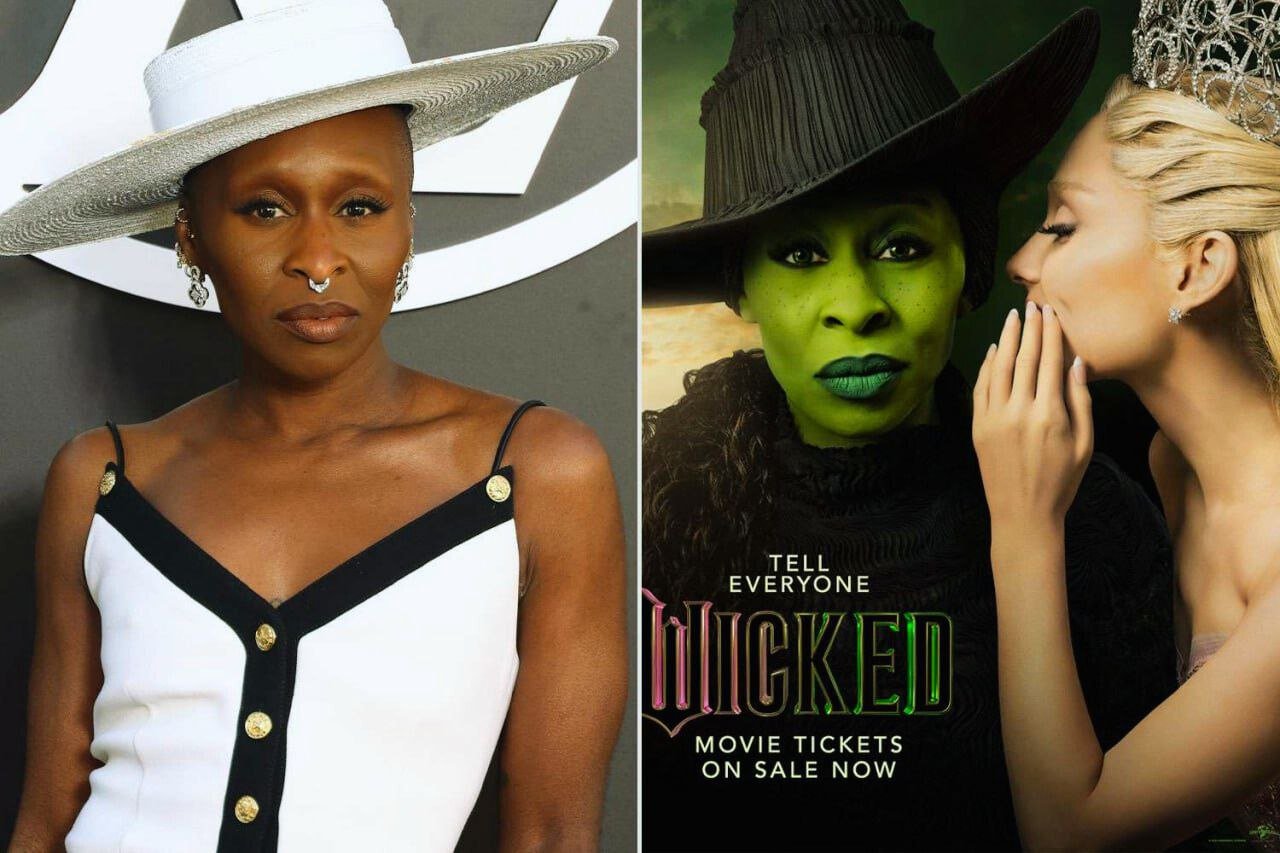Contents

Cynthia Erivo’s Bold Statement
Understanding the Controversy
The debate surrounding the ‘Wicked’ movie poster stems from concerns about its representation and the underlying messages it conveys. Critics argue that such edits to promotional material can detract from the authenticity of the characters and their story arcs. Erivo’s passionate response underscores her commitment to portraying her character, Elphaba, in a way that honors the source material.
The Importance of Representation
Erivo’s comments highlight a significant issue within the entertainment industry: the critical need for genuine representation in media. As more adaptations come to light, the importance of sensitivity to cultural narratives and character authenticity becomes paramount. Her statement serves as a reminder to production teams and marketers alike—each piece of promotional material holds the power to shape audience perceptions and reactions.
In conclusion, Cynthia Erivo’s reaction to the ‘Wicked’ poster is not just a celebrity spat; it is a meaningful commentary on representation in film. Through her critique, she challenges the boundaries of how stories should be told and invites a broader conversation about inclusivity in Hollywood.
OUR SITE: toinewsalert.com
